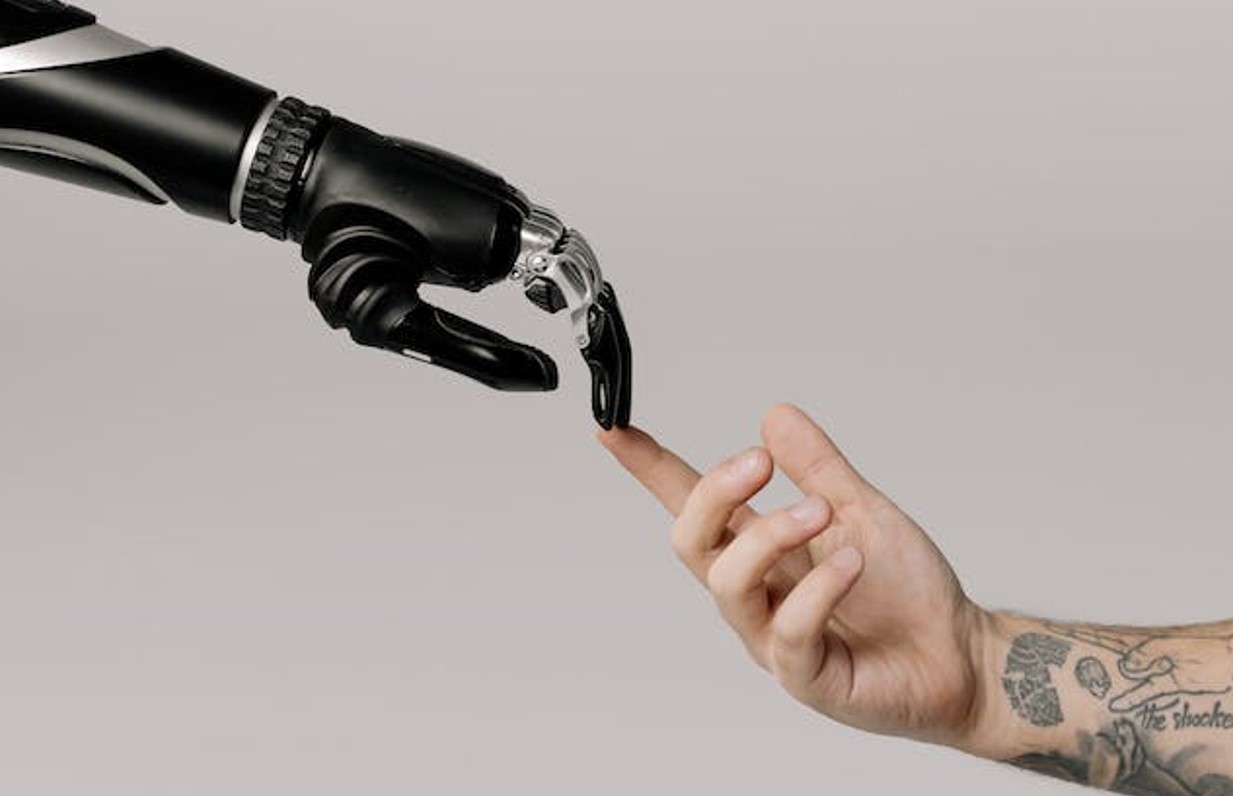Artificial intelligence, or AI for short, is like an intelligent computer helper changing how doctors and nurses care for us. It’s doing incredible things in health care. It helps spot illnesses sooner, makes significant medical discoveries, and even gives a hand in the doctor’s office with tasks. Imagine a computer being a super helper. It helps us find out what’s making us sick. It also figures out the best medicine for each person. This article will discuss seven ways AI is improving health care. Just like how Playamo is always coming up with new ideas, AI also brings new changes to keep us healthy.
AI-Powered Disease Detection
AI helps find diseases early, like heart issues and cancer. This saves lives and reduces costs. For example, an AI at Stanford could spot heart problems 9.4 months early by checking eyes. This means doctors can treat people sooner, even before they feel sick.
Discovering New Treatments
Drug research involves searching through vast amounts of data. The goal is to find the right chemicals for treatment. It requires lots of time, people, and money.
Yet, AI tools excel at analyzing complex biological information and chemical structures. AI can screen billions of molecular combinations against targeted disease criteria to find promising options neglected through manual attempts.
For example, Insilico Medicine’s AI found a potential drug for fibrosis in 18 months. This task usually takes over five years.
Their AI-amplified and accelerated R&D results were better than those obtained manually. Soon, AI may drive most new drug innovations.
Virtual Health Assistants
Chatbots and voice assistants give personalized health info and can replace initial doctor visits. They help with symptom checks. They direct you to the proper care. They book online doctor visits. They give health tips. By early 2023, over half of US health places were using them, and they’re right about symptoms 75-90% of the time. They help speed up and improve hospital service, offering quick, personalized patient support.
Facilitating Precision Medicine
Precision medicine customizes healthcare for each person’s unique DNA and lifestyle. But, it needs lots of data, from genes to family health history. AI helps by using big data to find the best care for everyone. It uses innovative technology to understand health info. This makes care personal and better for all.
Optimizing Hospital Logistics
Hospital administrative tasks like scheduling and managing supplies cost a lot, but old methods slow things down. AI can fix this by planning and predicting needs better. For example, AI helped one hospital schedule surgeries more, improving by over 45%. It uses data to make things smoother, helping patients and staff.
Enhancing Medical Imaging
Doctors use special scans like CT and MRI to find diseases in the body, but it’s hard to catch every detail. AI helps doctors by spotting disease signs and offering a reliable second opinion. Studies show AI can do better than doctors in finding diseases with these scans. AI also shows doctors where to look on a scan, making faster and more accurate decisions. This AI is changing the way we do radiology.
Automating Cybersecurity
Telehealth and smart devices make patient care better by sharing health info. But hackers target this data, risking privacy and care. To protect against these risks, healthcare apps use AI for security. AI uses machine learning and automation to stop hackers fast. It can spot and prevent unauthorized access, handling over 90% of sneaky attacks. This way, AI keeps patient data safer and responds to threats quicker than people can.
Key Takeaways
In summary, artificial intelligence impacts modern medicine in seven essential ways:
- Detecting diseases earlier
- Speeding R&D of new treatments
- Providing competent virtual health help
- Enable precision care customization
- Streamlining hospital operations
- Improving medical imaging accuracy
- Securing patient data
Final Words
AI helps doctors and speeds up the making of new medicines. It uses smart tech to give patients better care that fits their needs. This improves health and reduces waste. AI is set to change all parts of healthcare soon.

